With over a quarter of all UK carbon dioxide emissions currently attributed to the energy sector significant changes in how energy is produced, delivered and used will have to take place.
Consulting and infrastructure support service, Amey have addressed the transformation of the energy landscape and how they are supporting key changes.
The government's recent legislation to limit all greenhouse gas emissions to net zero by 2050 has major implications for industry and society. With over a quarter of all UK carbon dioxide emissions currently attributed to the energy sector (the second highest source of emissions after transport), within three decades, significant changes will have to take place in terms of how we produce energy, how it is delivered and used.
Renewables and EfW plants continue to advance
Renewable energy has taken off in recent years. Tumbling costs have meant we now get around 30% of our energy from wind turbines, solar panels, bioenergy and hydropower. Renewables will clearly have an even greater role in coming years, as will Energy from Waste plants that divert rubbish from landfill and help local communities gain electricity from a local, sustainable source. Operating three EfW plants in England, we understand the valuable role they play and appreciate why plans for the construction of many more are being planned across the UK.
Localised grids replacing centralized power stations
The lion's share of our electricity, however, is still produced by large, centralized power stations. Many experts see a move away from these as smaller, nimbler, decentralised sources of energy proliferate across the UK. Our utilities business is exploring how we can create these localised power grids, while working with our consulting team to ensure existing energy assets perform as reliably as possible – using data to determine when and how we intervene in the maintenance of these assets.
The evolution of EV
Over the next few years, there will undoubtedly be increasing numbers of electric vehicles on our roads. This is positive news in terms of reducing emissions, but presents a challenge in terms establishing a reliable charging network. With our expertise in highways maintenance and managing power assets, we hope to be a major player in this developing market.
In Sheffield, we have already installed new electric charging points for our electric fleet of 22 vehicles and two hydrogen-powered vehicles. The benefits of adopting electric vehicles have been plain to see, as our new fleet has reduced our annual diesel consumption by 22,700 litres and slashed emissions by almost 60 tonnes of carbon and 65.4kg of NOx and particulates per year.
Limiting the environmental impact of ICEs
Widespread uptake of electric vehicles is certainly coming but it's not here yet. While conventional vehicles using petroleum-based fuels remain the norm in the short-term, one key objective must be to limit their environmental impact. Our consulting business recently won funding for two innovative projects that will use smart technology to improve air quality around major A-roads and motorways in the UK. One project aims to do this by dynamically changing the speed limit on smart motorways, while the other aims to prevent needless stop-starts of freight vehicles.
Wider use of Hydrogen
A rapidly developing topic both in government and industry, Hydrogen could be an effective long-term solution to help tackle the decarbonisation of heat and transport in the UK. As excess renewable power can be used to generate Hydrogen from fuel cells, it could also enable us to 'store' renewable power at the same time as helping balance demand on the electricity grid. The Utilities, FM and Consulting businesses are working together to develop these propositions and how we best serve our clients in this exciting new area.
Energy efficiency is everything
Electric vehicles are reshaping our thinking about the power network and how it will have to evolve. But attention is also focused on how we currently use energy. All our clients are aiming to be as energy efficient as possible, limiting their carbon footprint while minimising their energy bills.
This is a major theme especially for our FM business, responsible for managing large estates where these issues are amplified. We find ourselves increasingly being asked by clients to devise energy efficient solutions and are proud to have introduced two especially successful ones for Dumfries and Galloway Council and the Ministry of Justice.
Cutting carbon footprints – and hefty energy bills
In Dumfriesshire, we brought in a smart lighting system across eight schools that uses technology to detect human presence and natural light so light levels can be adjusted to only emit exactly what is needed. With much lower energy costs (60% less per year) and carbon dioxide emissions reduced by approximately 700 tonnes per annum, the schools also now enjoy lighting systems that require much less maintenance.
These benefits were mirrored by our retrofit LED light transformation for HMP Risley. Converting the prison's 5,500 metal halide and sodium lamps with energy efficient LED lighting, the new system saw 90% of old lights replaced with energy savings of £169,251 per year and CO2 emissions reduced by 583 tonnes per annum.
The onward march of digital technology
Digital technology is widely used now to monitor energy usage, at the level of an individual building and at a wider network level. It will be used much more in the future, as we look to identify patterns and make improvements to how assets are used and maintained.
Our consulting business is exploring how they can take raw data to help utilities providers balance supply with demand, as this is an area of growing interest, especially as battery storage technology develops and looks to become a major disruptor to current energy supply models.
There are many moving parts in the energy sector at present. Much of this is driven by our commitment to reducing greenhouse gas emissions. But it is also about the rapid evolution of technology and changing customer expectations. While the energy landscape continues to transform, at Amey we find ourselves in a privileged position of implementing much of the change that everyone is expecting to see. We're constantly looking out for new opportunities across the sectors in which we work, to trial new solutions, whether this is using renewable storage to charge electric vehicles or future large scale energy storage solutions, such as those that might be afforded by Hydrogen. Whatever direction this takes, we're transforming how services are delivered, developing long-term strategic relationships to co-design, develop, trial, deliver and operate the energy networks of the future.
Construction News
03/09/2019
Amey Addresses Transformation Of Energy Landscape


11/07/2025
Story Homes has submitted a full planning application to South Ribble Borough Council for a proposed new residential development in Longton, aiming to build on the success of its nearby Longton Grange scheme.
With the majority of homes now sold at Longton Grange, the developer is looking to meet co
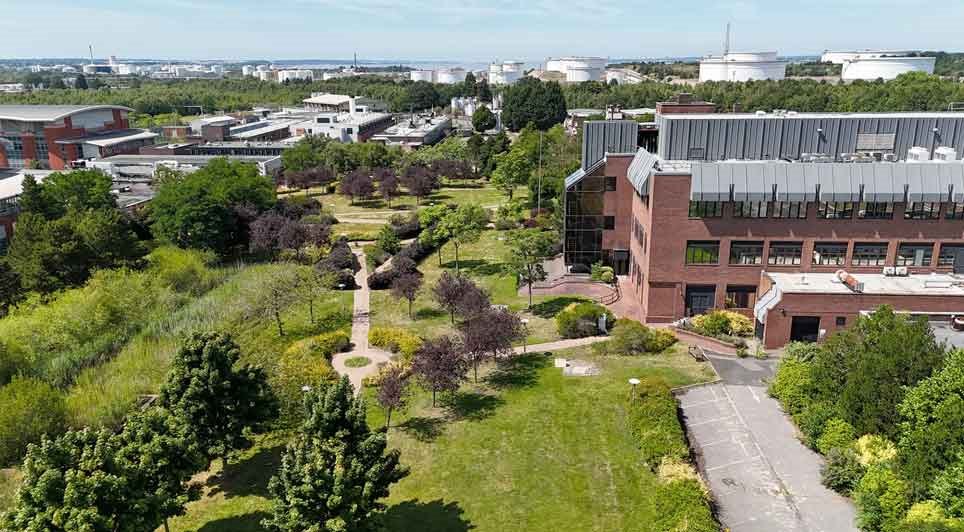
11/07/2025
Essar Energy Transition (EET), through its subsidiary EET Property Limited, has completed the acquisition of Thornton Science Park.
The 66-acre site includes purpose-built laboratories, industrial facilities, and office space, and is set to play a central role in EET's ambition to create one of Eur
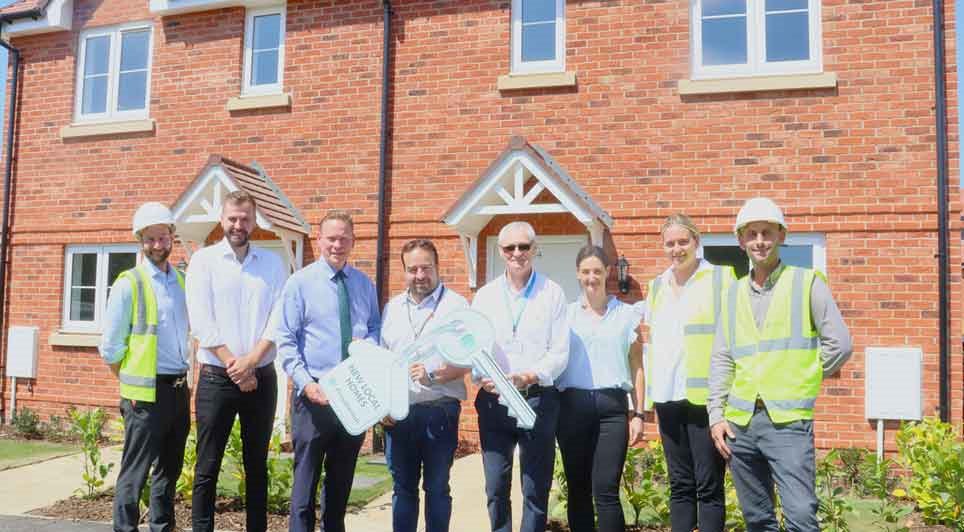
11/07/2025
Families are preparing to move into four newly completed houses for affordable rent at the Malthouse Meadows development in West Sompting, Adur.
The latest handover marks a key milestone in the delivery of high-quality, energy-efficient homes aimed at addressing local housing needs.
The four fami
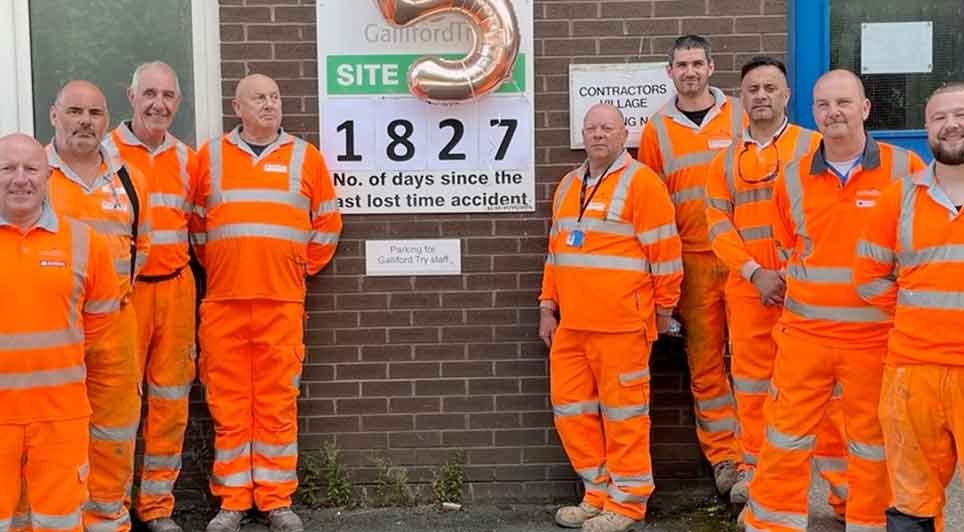
11/07/2025
Galliford Try's project team at the Syngenta manufacturing site in Huddersfield has been shortlisted in two categories at the 2025 Constructing Excellence (CE) Yorkshire and Humber Awards, celebrating the success and resilience of a long-standing partnership spanning over two decades.
The team has
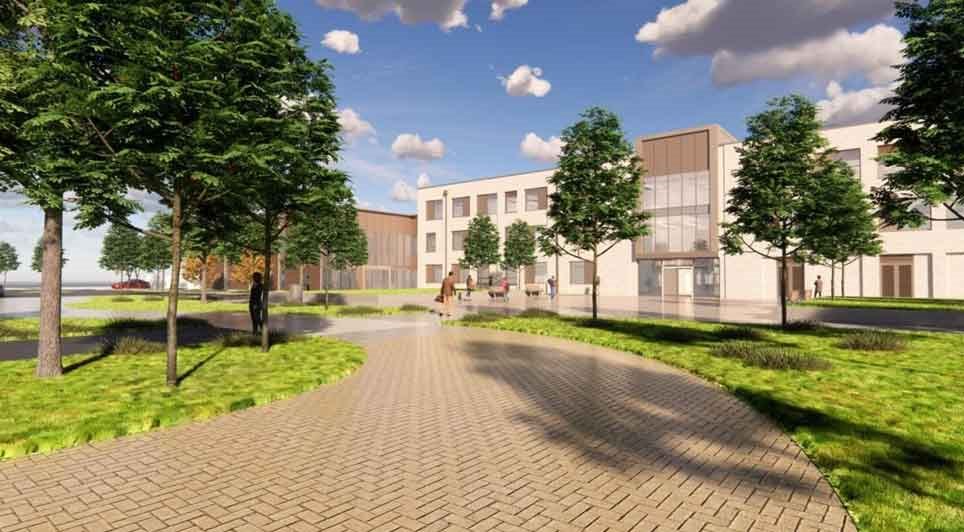
11/07/2025
Cambridgeshire County Council has appointed Morgan Sindall Construction to deliver a new secondary school at the heart of the Alconbury Weald development, continuing its investment in the region's educational infrastructure.
The new school, named Alconbury Weald Church Academy, will be run by the D
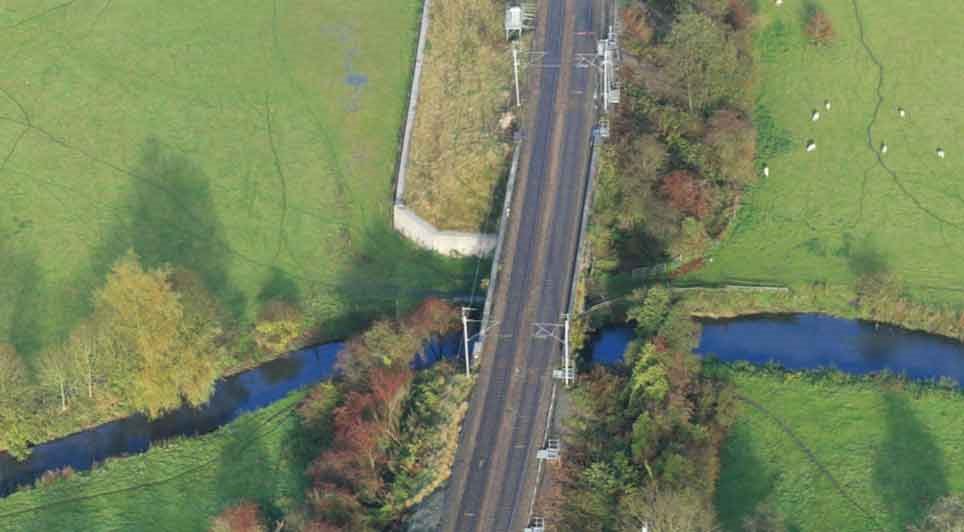
11/07/2025
Passengers and residents in Stone, Staffordshire, are being urged to prepare for a £7 million-plus package of railway upgrades set to improve safety, performance and long-term reliability on the West Coast Main Line.
The work, scheduled to take place during the summer school holidays, will include

11/07/2025
A ceremonial tile signing has marked a major milestone in the restoration of the historic Pippbrook House, as roof-level works near completion on the Grade II* listed building in Dorking.
Chair of Mole Valley District Council (MVDC), Councillor Roger Adams, led the event, joined by a host of guests
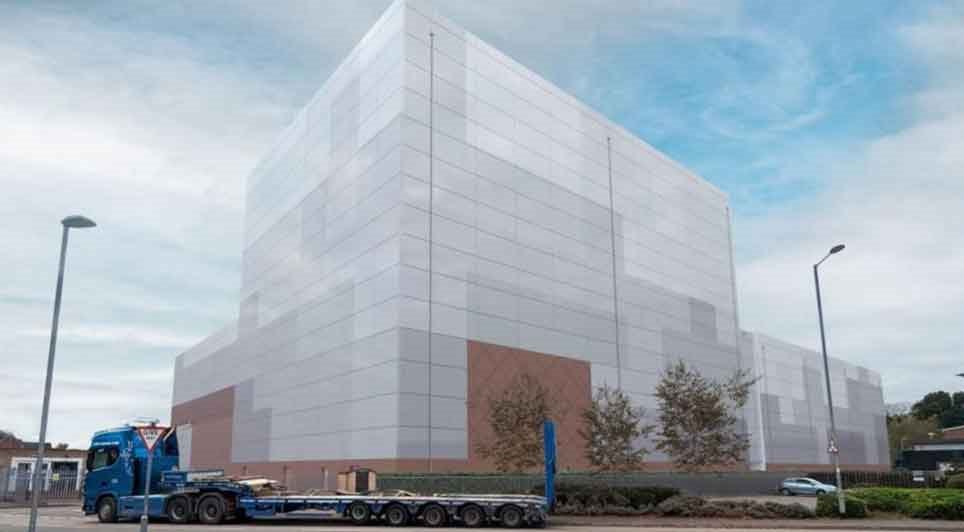
11/07/2025
ACS Construction Group has been appointed Principal Contractor by GE Vernova for a major infrastructure expansion at its Stafford HVDC Transformers facility, part of the company’s drive to support global decarbonisation through advanced transformer technology.
ACS commenced with the Test Supply Bui
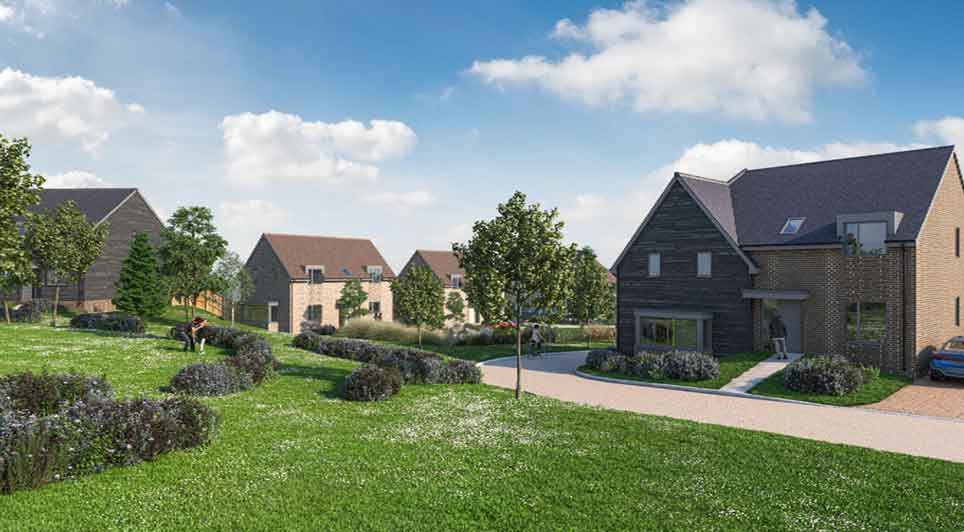
10/07/2025
Vistry Group has agreed two major deals with housing provider Abri to enable the delivery of almost 200 affordable homes across Hampshire, marking a significant step forward in addressing local housing needs.
In Funtley, near Fareham, Vistry has completed a simultaneous land acquisition and forward
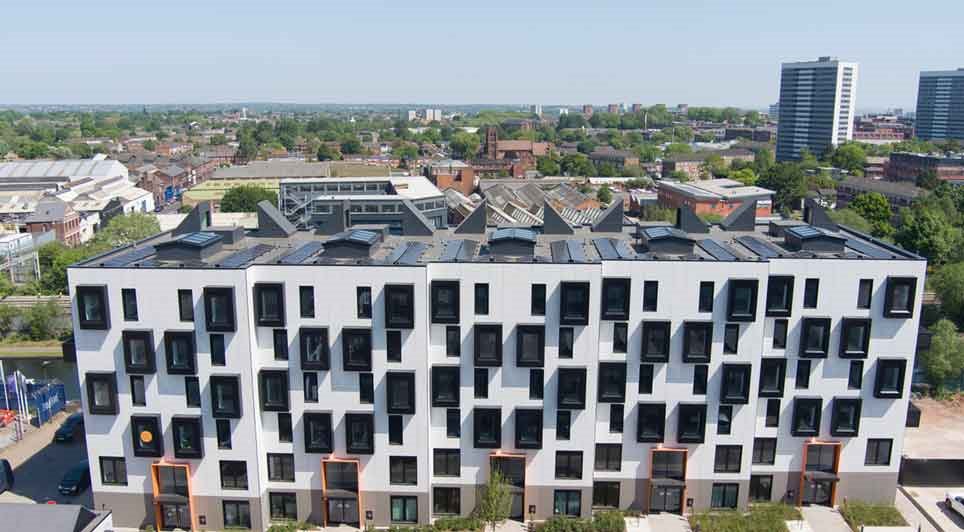
10/07/2025
Caddick Construction has officially completed its first Midlands project with the handover of Mansion House, a six-storey residential development comprising 58 new apartments, to joint venture partners Urban Splash and Places for People.
Located on the 43-acre Port Loop island alongside Birmingham
 UK
UK Ireland
Ireland Scotland
Scotland London
London










